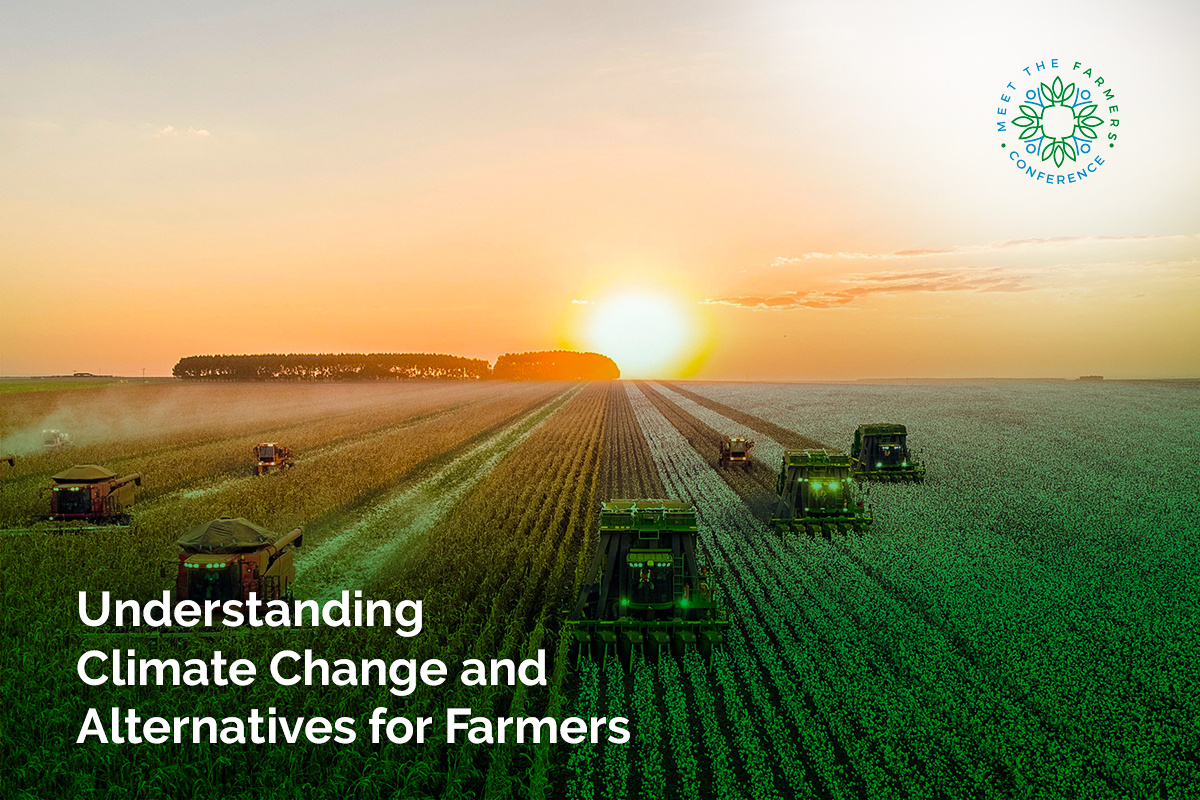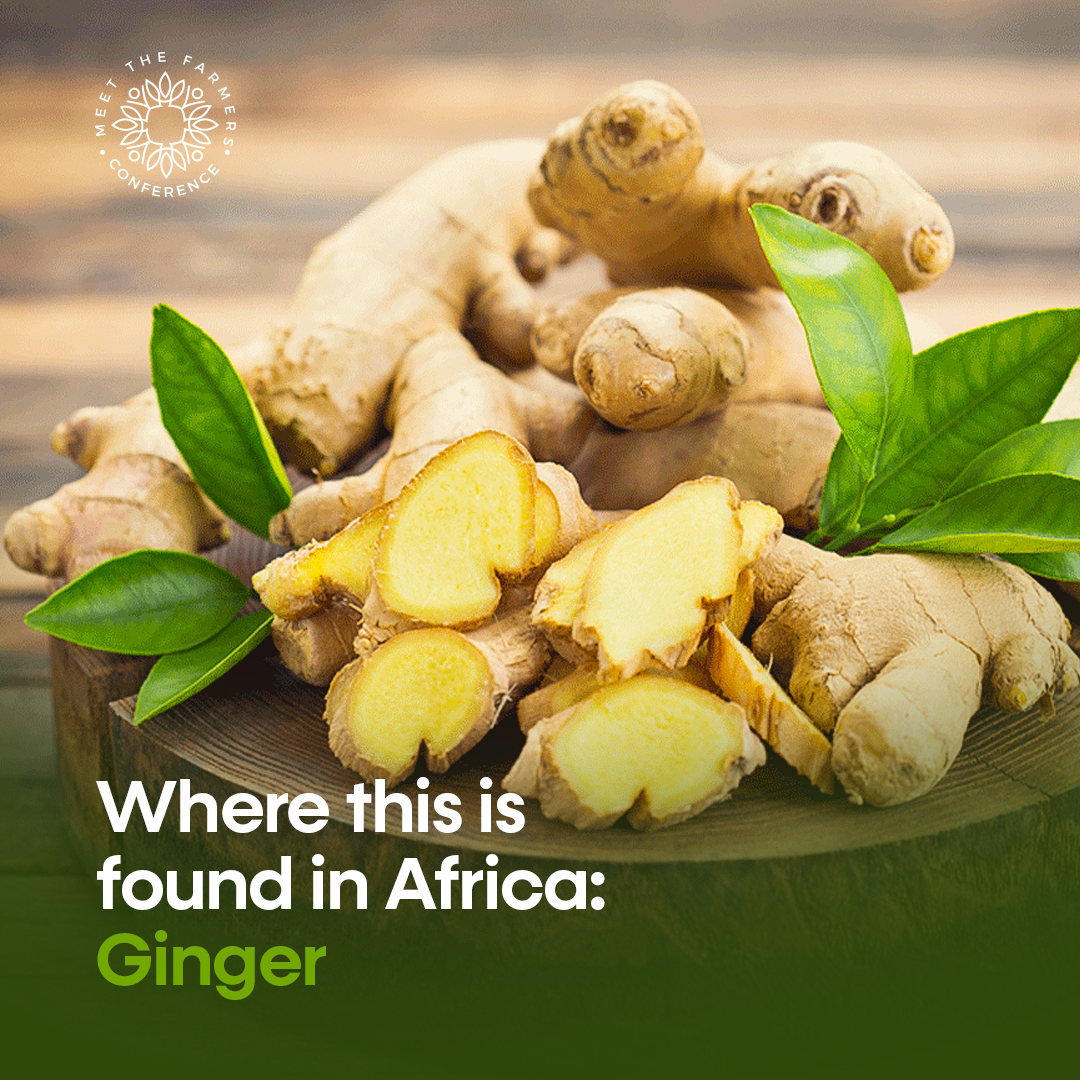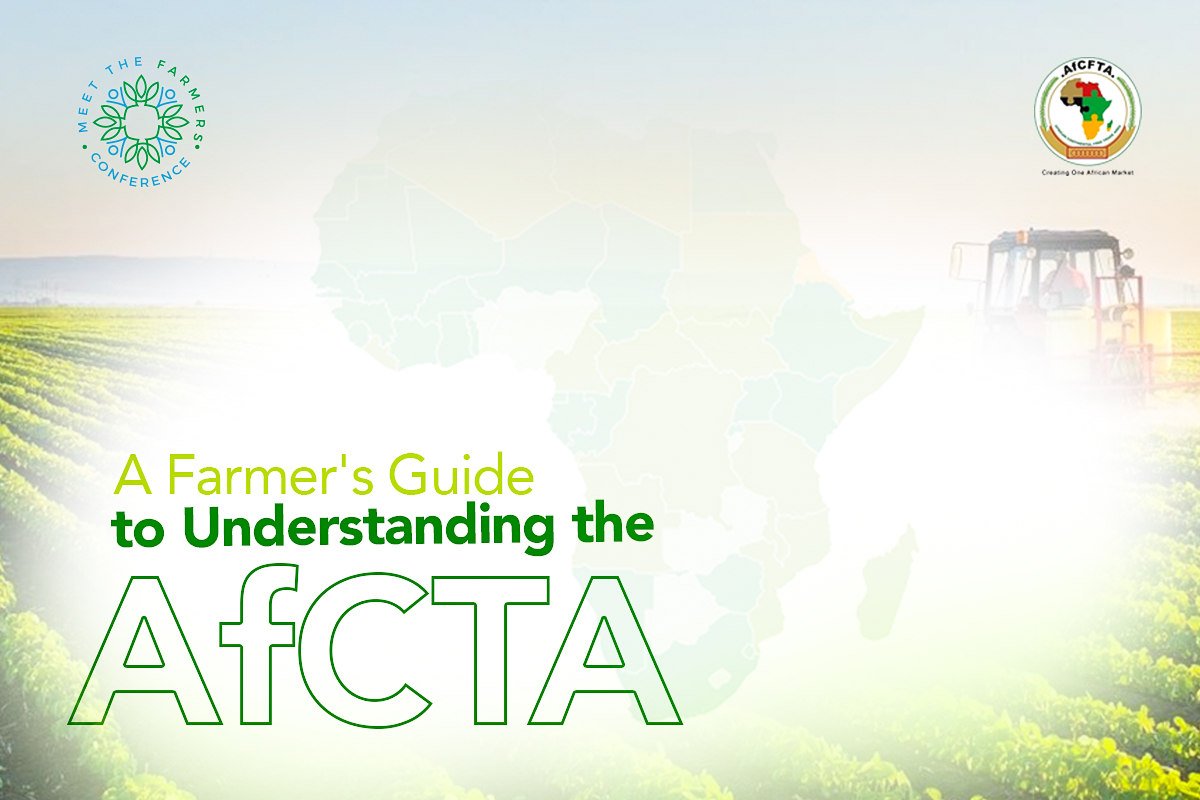Understanding Global Climate Change and Alternatives for Farmers

Global climate change is one of the most significant challenges of our time. The extreme weather conditions, change in rainfall, temperature, and humidity patterns have a drastic impact on agricultural activities and yield.
Agriculture is greatly affected by the global climate shifts caused by the Greenhouse effect. The release of malign gases such as carbon dioxide, methane, and nitrogen dioxide depletes the ozone layer and leads to an increased risk of flooding, soil erosion, droughts, and wildfires. It invariably decreases crop productivity and affects the global agricultural value chain.
Researchers are looking at alternative farming techniques, as well as solutions to the environmental condition. Thus, the need for farmers and all agro stakeholders to adopt a sustainable solution to avoid a global food crisis.
The first step in addressing the impact of climate change on food production is to inform the farmers. They need to understand the causes and consequences of environmental challenges and mitigate them through safer farm practices.
Farmers need to understand the risk involved in not minding the relationship between environmental factors and food production. It is the farmers who have to adapt their agricultural practices to a changing environment.
This may include adjustments in planting dates, crop varieties, drainage systems, and land management regimes to maintain soil fertility and maximize yields. An example of adaptation is the use of cover crops to protect the soil from erosion and the minimization of tillage.
Global warming should be treated with urgency. Those who deny its anthropogenic sources do not know the implications of carbon emissions. The government is in a better position to endorse climate change mitigation policies. It should regulate industrial activities associated with the emission of harmful gases into the environment.
These industries should leverage technology to reduce emissions and increase carbon sequestration/storage. The government should also set up legislative mandates to reduce emissions and tax defaulters. This way, more people will become more intentional in protecting the environment.
Farmers, industries, the government, and we all should understand the impact of our changing climate on food production. Climate change-related shifts in long-term weather patterns will cause damages to crop, heat-induced pollination, and a higher incidence of pest infestation and crop diseases.
Therefore, we should be concerned about the impacts of climate change on global food production and take additional steps to raise awareness of the issue. Farmers should adapt to, while the government should mitigate climate changes.
Written by Joy Ejere Uche







